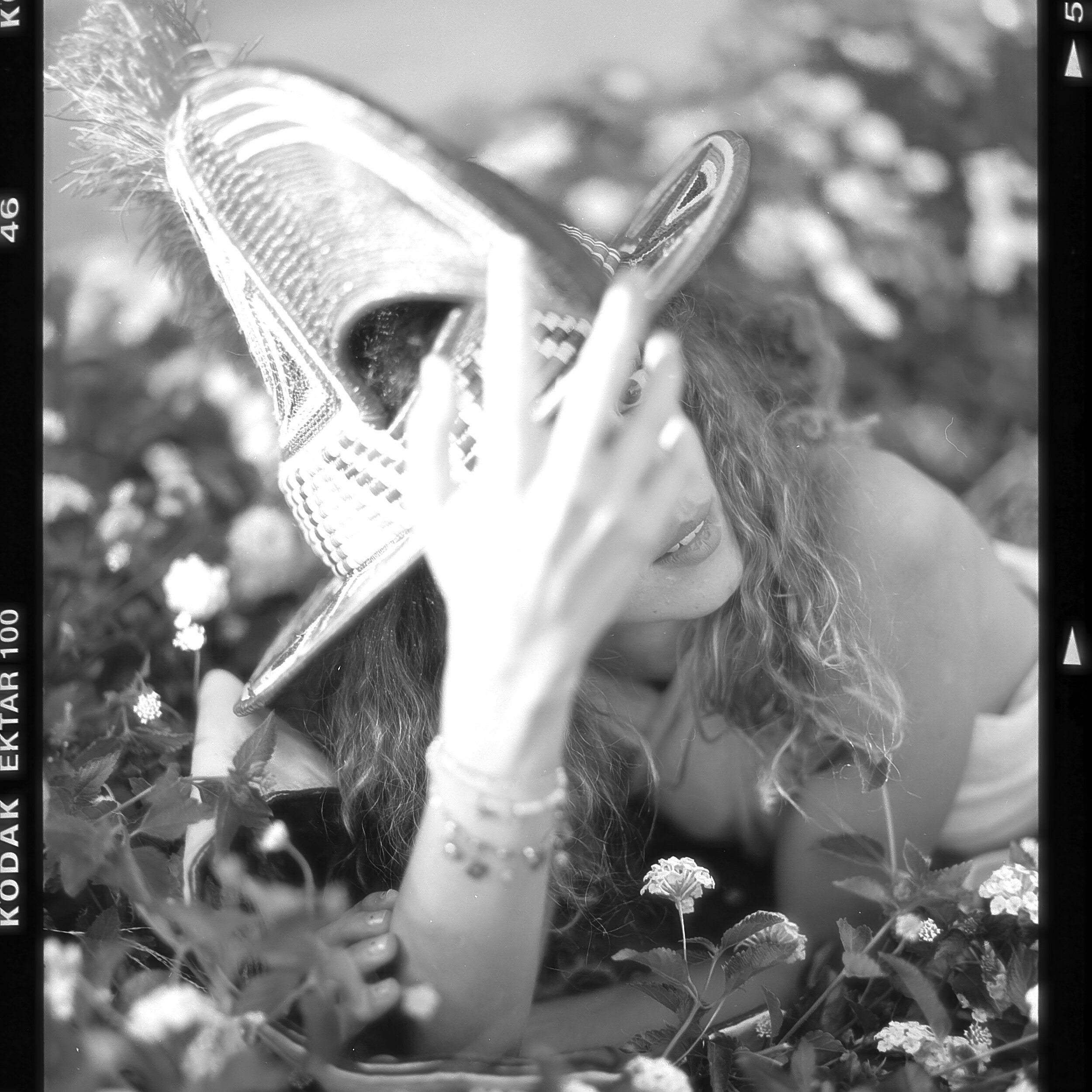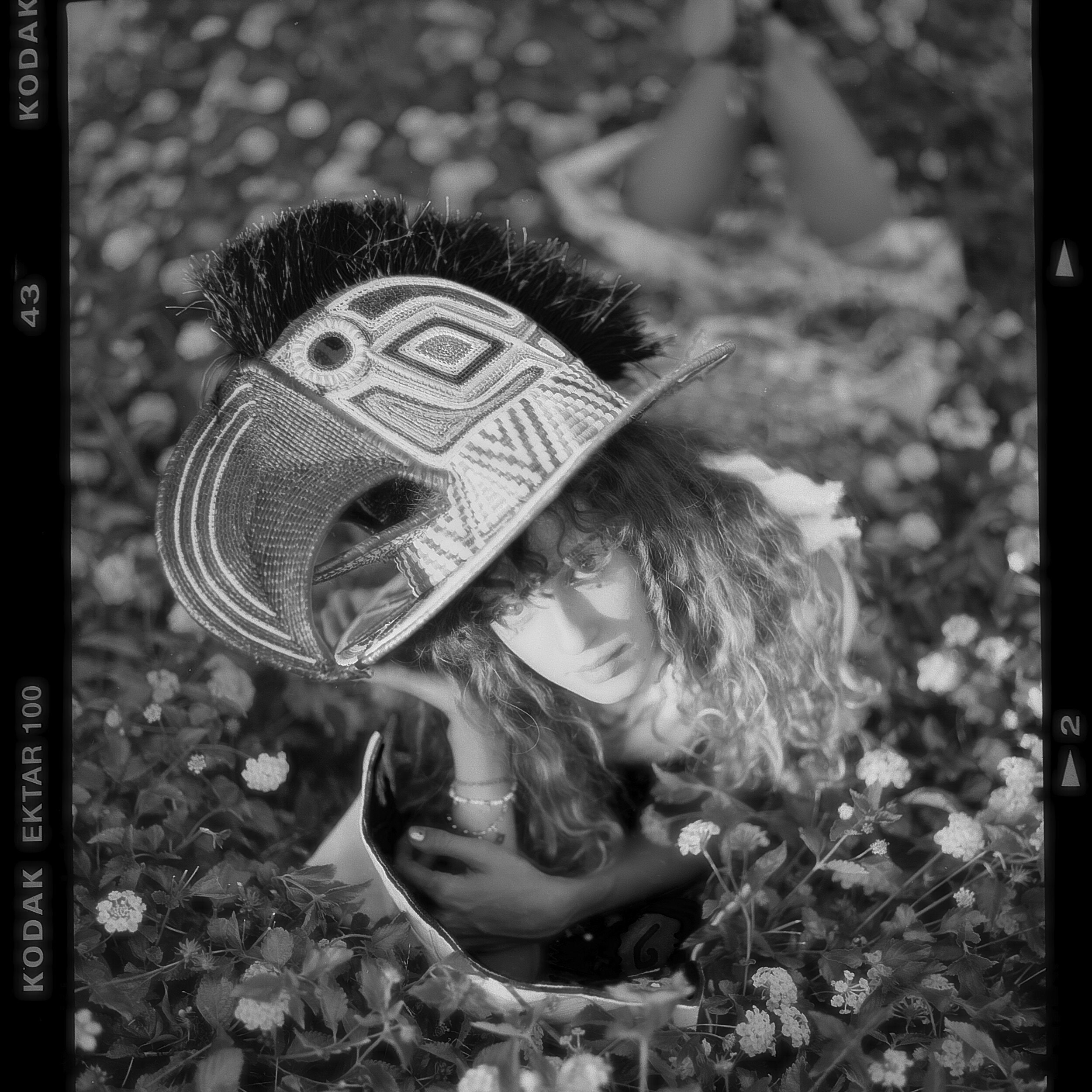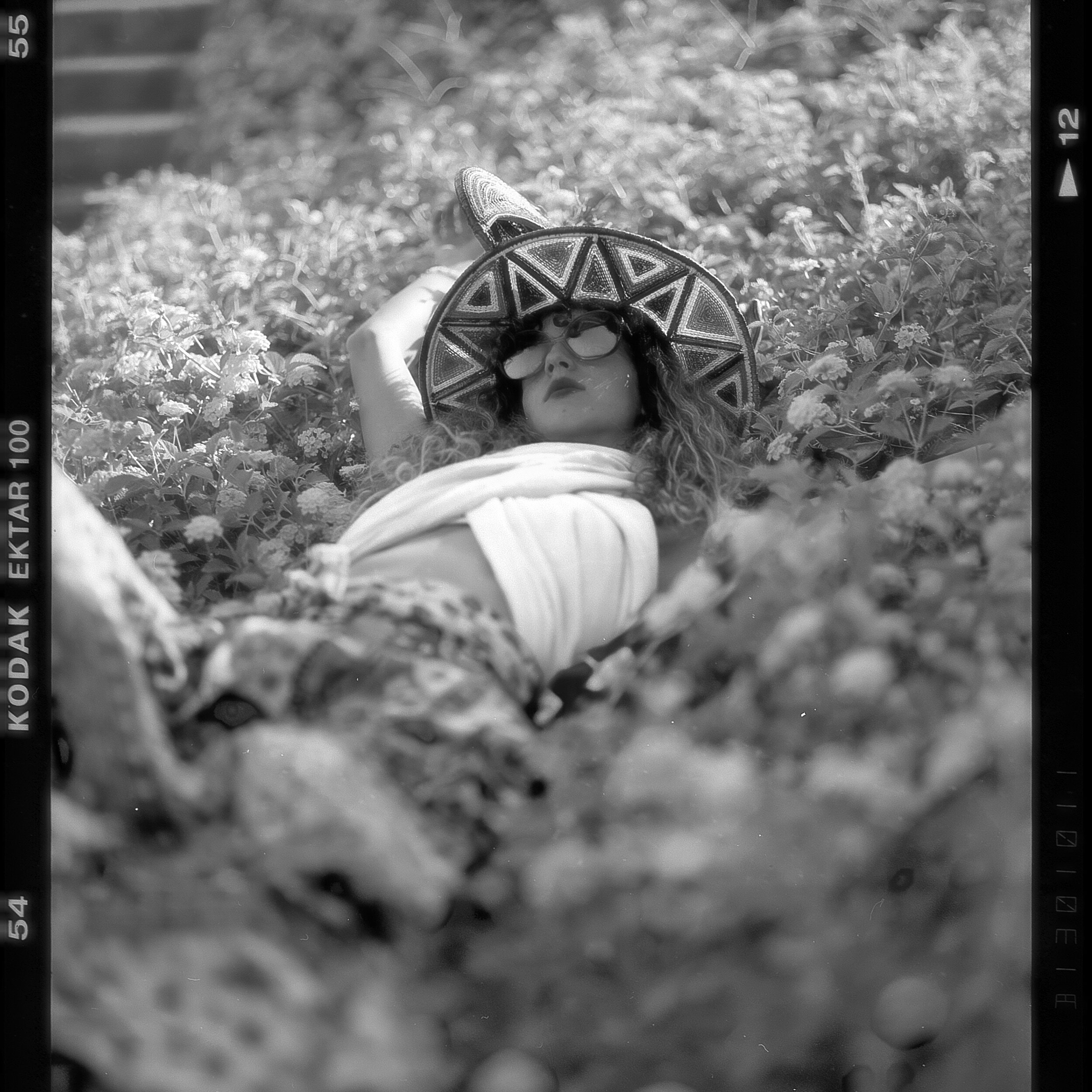Patakeys: A Cultural Node
Making different cultures more accessible is what Patakeys is all about.
Images courtesy of @7770mo
We spoke to Patakeys founder Mohammed Fadel about the work he does merging fashion with culture, under the umbrella of a brand that advocates for sustainability and fair production.
Images courtesy of @7770mo
“You can now explore different cultures from your home,” that’s Mo Fadel, Patakeys founder, explained the idea behind the newly launched online brand.
Mo turned his love for art, culture, lifestyle, and adventure into a brand. His frequent travels, especially after joining the AUC Folklore Troupe, gave him the chance to independently explore towns that are not commonly visited by tourists.
Images courtesy of @7770mo
In 2015, as Mo was finishing his Mechanical Engineering degree, he traveled to India and Nepal with the intention of buying handmade products for himself and his close circles.
He ended up spending more than triple his souvenirs budget, and came back to found what is now known as Patakeys.
“I knew that there was a demand from people to own unique hand-made products, such as the ones I saw in Nepal,” said Mo.
Images courtesy of @7770mo
The purpose of the brand is to operate as a cultural producer, serving and aiding in cultural advocacy in two ways. One is connecting customers to unique cultures that are not accessible by everyone. The other is giving local talents a chance to exhibit their products in different markets.
“Our products are the Patakeys,” said Mo, explaining the memorable brand name, “handmade, high-quality, culturally diverse products are referred to as Patakeys.”
Among natural baby cashmere, the special ‘Yak wool’ and pure cotton, Mo finds much potential in introducing hemp products. “Many people don’t know about hemp, it’s a highly durable handmade material used in our bags and clothing products.”
Images courtesy of @7770mo
Patakeys promotes slow fashion - promising durability and longevity as well as quality and uniqueness.
Besides being an environmentally friendly and sustainable brand, Patakeys strives to be a cultural node. “These cultural pieces can raise awareness about different production methods and urge people to explore other avenues,” Mo explained.
Mo’s long term goal is to achieve a circular economy by investing back in cultural crafts to help local talents survive and grow faster in the upcoming digital era. Aiming to introduce more cultures from different continents and connect more people to them through Patakeys.
Images courtesy of @7770mo
We had a quick chat with Mo and as Radical Contemporary always aim to advocate for brands that support cultural preservation through sustainable development, production and distribution.
What is a “cultural node”?
The bigger idea is connecting cultures. Connecting people to unique cultures that are not accessible by everyone and making products made by their local people accessible everywhere, someday.
There is something unique about each culture that affects the type, shape, and every feature of the different handmade products. I believe that making these products accessible to other people makes them somehow aware of different cultures and can urge them to visit those cities one day. That’s how Patakeys is a cultural node.
Images courtesy of @7770mo
What materials do you enjoy working with?
Hemp, many people don’t know about it. It’s planted by weed crops, but it’s free of THC. It was affected by regulations in the past and now it’s really booming. I want to introduce hemp culture and have more people know about it.
I also like natural wool or yak wool. Yak is an animal that resides in Nepal whose wool is really of high quality. Other materials include pure baby kashmir and brass.
I travel for long distances and take really long hectic trips to get the best products. Because there are similar products with totally different or lesser quality material. I handpick myself all the products as I travel to the hometown of each piece. The products are all handmade. Even some of the raw materials they are made of are originally handmade, like hemp products.
What’s next for Mo?
My goal is to go back to these cities and financially support local crafts to grow and expand more, and to achieve a circular economy. I want to introduce more cultures from different continents and include more products from these cultures.
Additionally, I want to make Patakeys available in more countries. You can shop Patakeys from their online store at www.patakeys.com.
Images courtesy of @7770mo
I've always felt like I belong to and embrace so many different cultures that go way beyond "where I'm from". Being very aware that that's a privilege and that being a "citizen of the world" with access to all sorts of cultural knowledge and goods is not given to everyone, I love that Patakeys aims at bridging those gaps. Through their selection, the brand spreads cultural awareness. You realise watching all those colours that no matter the country or craftsmanship technique it's from, it all blends together. Just like when you watch a documentary from Indonesia and so much reminds you of where you’re from! Especially when it comes to sustainable clothes, it's way simpler and closer to nature that all those big machinery and fast fashion items. So it goes back to natural dyes and textures that are what made traditional clothing and accessories so rich and durable. Hence why I'm super excited to be part of this campaign! I live in those simple beige Hemp pants. The texture is beyond anything I've tried before and I now want them in every colour. The printed scarves are also so soft. I feel like everyone should always travel with at least one of those cause you can just do anything with them, from a top to a dress or a hair tie...that's also what being sustainable is all about: resourcefulness and creativity.” - A note from Anicée Gohar a writer, director and creative who is featured in the Patakeys editorial throughout this article.”
“Sustainable development is the peace policy of the future.”














